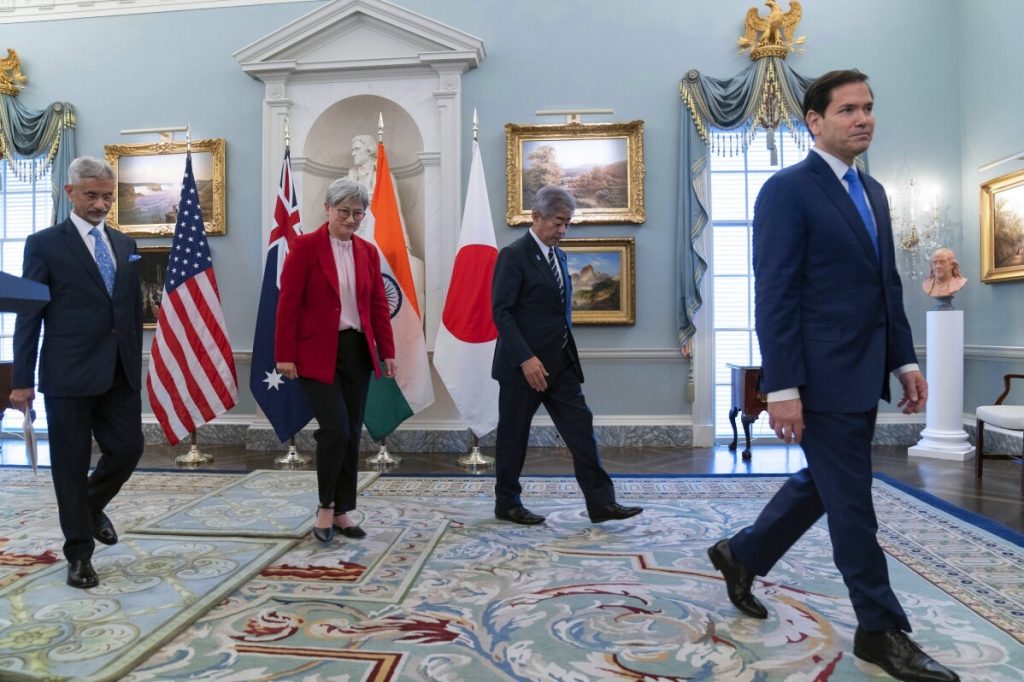North Korea’s Tourism Push: A Mirage of Economic Revival Amid Isolation
North Korea unveils a lavish beach resort aimed at boosting tourism, but without reopening to Western visitors or significant foreign tourists, this project signals regime posturing over real economic reform.

North Korea has showcased its newly opened Wonsan-Kalma beach resort as a centerpiece in leader Kim Jong Un’s declared strategy to revive the struggling economy through tourism. State media proudly broadcast scenes of domestic citizens enjoying water parks and seaside attractions, praising the site as a milestone for “our-style tourism culture.” Yet beneath this glossy facade lies a country still firmly closed off from the global community, with no meaningful reopening to Western tourists in sight.
The resort claims to accommodate nearly 20,000 visitors – an ambitious figure in stark contrast to the severe restrictions that have kept foreign tourists out since the COVID-19 pandemic began. While some Russian tourists are now allowed entry due to Moscow-Pyongyang military cooperation, their numbers remain too small to generate meaningful revenue or signal a genuine pivot toward economic openness.
Chinese tours historically made up over 90% of visitors before pandemic shutdowns; however, diplomatic tensions and strained bilateral relations have left that avenue largely blocked. A brief experiment allowing limited international visitors in early 2024 was swiftly shut down by North Korean authorities. This pattern illustrates Pyongyang’s continued preference for controlled appearances over substantive engagement with the world.
Kim Jong Un’s self-congratulatory remarks about the resort being “one of the greatest successes this year” are standard propaganda intended to bolster regime legitimacy domestically and create an illusion of progress abroad. But without lifting fundamental border restrictions or improving diplomatic ties with major economies, such grand infrastructure projects risk becoming white elephants—symbols of regime survival rather than engines of genuine prosperity.
The timing and orchestration suggest this new tourist zone is less about opening doors and more about projecting strength amid economic hardship worsened by sanctions and isolation. North Korea remains trapped in its own ideological bubble, prioritizing propaganda triumphs over pragmatic reforms that could meaningfully improve livelihoods for its people.
What This Means for American Interests
For the United States and its allies committed to preserving national sovereignty and countering reckless globalist appeasement, these developments highlight why maintaining pressure on Pyongyang is essential. The regime’s apparent efforts to feign economic vitality should not distract from its ongoing pursuit of weapons programs and destabilizing activities threatening regional security.
America First principles demand vigilance against such authoritarian theatrics disguised as progress while supporting policies that reinforce strong borders, economic freedom, and principled diplomacy rooted in clear consequences for bad actors.
